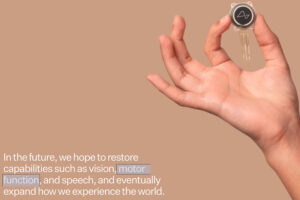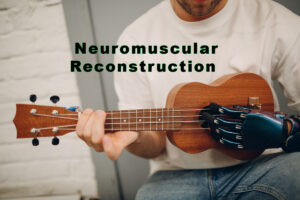National Senior Safety Week – is led annually by the Canada Safety Council. This year’s theme is “Safe driving for older Canadians.”
Independence is a key component of healthy and active aging, and driving often contributes to that independence.
Maintaining a driver’s license is an important issue of independence however; the aging process brings forth changes that can affect a driver’s ability to drive safely. These include reduced vision, particularly at night; a decrease in-depth perception; and movement-limiting disabilities such as arthritis and others that may slow down responses and reflexes.
 November 6–12 2011 is National Senior Safety Week, and the Canada Safety Council is reminding all mature drivers to be conscious of the physical and mental challenges that aging brings, and how it can affect their driving.
November 6–12 2011 is National Senior Safety Week, and the Canada Safety Council is reminding all mature drivers to be conscious of the physical and mental challenges that aging brings, and how it can affect their driving.
Elderly drivers are very likely to be taking several medications at once. It is essential to know if the medication(s) will affect driving abilities. Some of the main factors in collisions involving older drivers are slow response, not seeing a sign, car, or pedestrian, and interaction with other drivers. Medications can make a driver more susceptible to any of these factors.
Aging varies for each individual; therefore it is difficult to say there is a specific age when people should no longer drive. It is important to recognize age-related changes and learn how to compensate for them. A practical solution lies in improving driver education and driver fitness.
The Canada Safety Council’s 55 Alive driver refresher course is designed with that in mind and helps mature drivers sharpen and update their skills, giving them tools to help stay safe on the road.
The course teaches practical defensive driving techniques, slowing down, driving during the day, and reducing the length of trips – all of which can help mitigate age-related challenges and keep mature drivers safer.
While independence is important to us all, we must face the fact someday we will no longer be able to drive. The 55 Alive courses can be a good way for families to bring up this sensitive subject with mature drivers, the council stated. Part of the course helps them prepare for the day they can’t drive anymore by helping them learn to make alternative transportation arrangements and adjust to the change in lifestyle.
Driving Tips
– Concentrate on your driving and prepare for the unexpected.
– Keep your eyes moving and watch the entire traffic environment.
– Be alert for parked cars, pedestrians, and cyclists.
– Check to the side several times before turning or merging.
– Never assume you can take the right of way, even if you know it should be yours.
– When driving in the rain or in winter, reduce speed and increase following distance.
– Maintain space cushions to the sides and behind your car.
– Plan all your trips, choosing familiar routes, and avoiding dense and/or high-speed traffic.
– Avoid driving at dusk or dawn, when visibility is difficult.
– Avoid prolonged hours of driving.
– Keep windshields and rear windows clean inside and out.
– Do not drive if you are emotionally upset.
– Minimize background noise. Keep radio volume, air conditioning, and heater blowing units on the low-level settings.
– Never drive after consuming alcohol.
– Take a driver improvement course such as the Canada Safety Council’s 55 Alive.
Vision, Hearing, and Medication – factors to consider
– Have regular vision and hearing examinations.
– When traveling, always wear your eyeglasses or hearing aid.
– Give yourself time to adjust to new eyeglasses and have your glasses checked periodically.
– Use medication correctly. Ask your doctor or pharmacist about the effects of prescribed medications on driving. With some medicines, you may not be able to drive at all.
– Take all medications according to their instructions.
– Make sure the combination of your medications does not impair your driving skills. If you have more than one doctor, make sure all of them know everything you are taking.
Drive safely!











